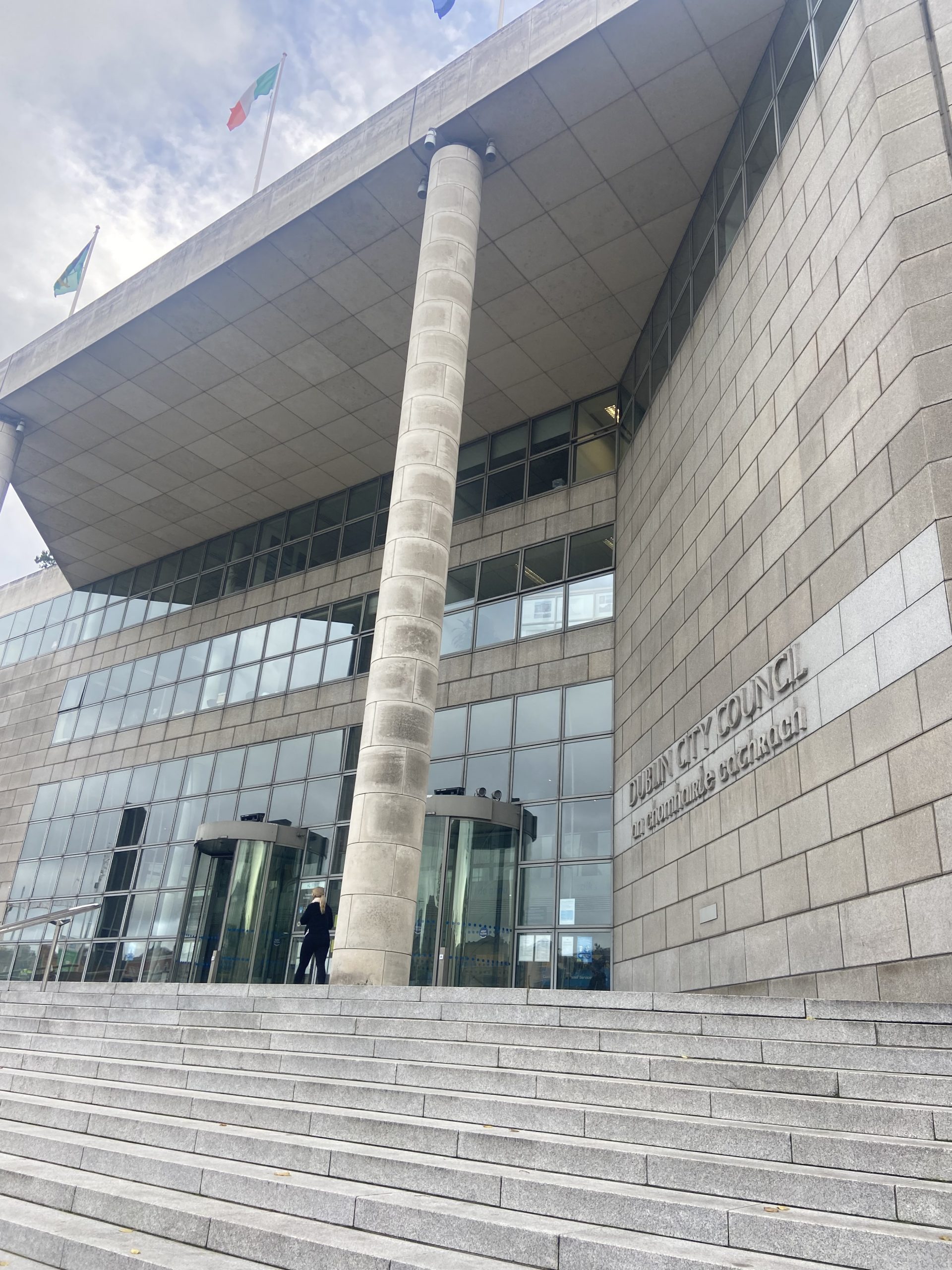Following years of unpopular policies and an almost impressive list of controversies, it is no surprise that Dublin City Council chief executive officer Owen Keegan’s recent “sarcastic” claim that students’ unions should become housing developers has once again led to calls for his resignation. There are many reasons Keegan ought to resign from his position, but the problems of local government in Dublin are more deep-seated than any one individual — to remove Keegan only to replace him with a more PR-friendly version of himself would solve none of the city’s problems. Instead, local government in Dublin is in need of radical, long-term democratic reform and an end to the current Council-Manager system.
What exactly is wrong with the way local government works in Dublin? This is a fair question, given the lack of attention local government usually gets compared to national affairs. Yes, a comparison to national government actually provides a useful means of revealing the glaring flaws of government at the local level. While at a national level both the legislature (our elected TDs) and the executive branch (the government formed by the Dáil) are composed entirely of individuals elected directly by Irish voters, only local legislatures (i.e. councillors) are elected directly by voters at a local level. The chief executive officer is appointed by the Minister for Housing, Local Government and Heritage to implement policy and manage the local authority. In effect, this CEO makes the vast majority of decisions regarding local government, with the role of elected councillors relegated to only a handful of issues. It barely needs pointing out how deeply hostile to the most basic principles of democracy this is. By empowering an unelected and largely independent CEO, and accordingly making impotent councillors actually elected by constituents, this system actively excludes elected representatives from the decision-making process — thereby leaving voters as far removed from local government as is possible.
“Dublin’s current chief executive officer has demonstrated quite well not only why he shouldn’t be in office, but also why his office shouldn’t exist.”
This democratic deficit at the local level naturally applies to local government across the entirety of the Republic, yet it is in Dublin City that its flaws are most severe and visible and dissatisfaction with local government most pronounced. This is unsurprising, given the huge size and economy of Dublin City, and anger at Dublin City Council’s (DCC) failure to provide adequate social housing and other amenities. It is clearly absurd that a single, unelected individual be allowed such control over a city of half a million people. Owen Keegan is in many ways the poster-child for why empowering an unelected CEO over councillors is a bad idea. Whether it be his claims that the tents of the homeless create a “perception of an edginess about the city”, his laying of blame for rough-sleeping at the feet of homelessness charities, his derision of the struggle of students, or even his near-fanatical attempt to push through the fiscally-bloated (and now cancelled) whitewater rafting facility, Dublin’s current chief executive officer has demonstrated quite well not only why he shouldn’t be in office, but also why his office shouldn’t exist.
Given this democratic deficit in, and popular frustration towards local government in Dublin, it is clear that DCC is in need of serious, long-term reform that gives voters a voice in the running of the city’s affairs. However, given its fundamental hostility to basic democratic principles, any reform of local government must include the complete and utter abolition of the office of CEO and its replacement with a more representative means of implementing policy. It is therefore deeply disappointing that although the replacement of the chief executive officer by a directly-elected mayor in Irish cities is supported by major national political parties in both government and opposition and has received the blessing of the people of Limerick in a 2019 plebiscite on the matter, there has of yet been no serious move to implement this reform. (While all three County Dublin councils were given a vote on a shared, directly-elected mayor, this was obstructed by Fingal Council citing a lack of detail).
Reforming local government in Dublin offers an exciting opportunity to reimagine the ways in which we engage with democracy and representative government. Any end result could well be used to reform local affairs more widely across the country. There are of course naturally more mundane options such as replacing the office of CEO with a directly-elected mayor accountable to the people of Dublin, or perhaps the expansion of the powers and responsibilities of the democratically-elected Council. We might also have much to learn from cities in other countries that govern themselves; reform could accordingly consider less common approaches to local government, such as some form of direct democracy (in which individual citizens regularly vote and play an active role in local affairs) like that used at present in Switzerland. Regardless of the specific route chosen for reform, it must include democratisation and an expanded role for voters.
“Despite the capital city’s oversized role and contribution in modern Ireland, its inhabitants still lack any real say in how its affairs are run.”
Dublin is by far Ireland’s largest city and with an economy worth €87 bn, it eclipses even some member-states of the European Union in size and economic weight. Yet, despite the capital city’s oversized role and contribution in modern Ireland, its inhabitants still lack any real say in how its affairs are run. With popular anger at new heights in Dublin in response to the city’s failure to respond to the housing crisis, the decline of its cultural life and an ever-increasing perception that government, both local and national, has little interest in its plight, it is undeniable that local government in Dublin needs change now.






